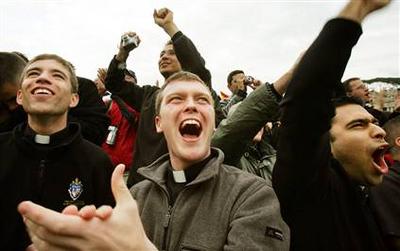That is what they call us.
Hypocrites!!
That is their name for those who advocate moral perfection and yet fall short of perfection themselves in one way or another (sometimes abysmally short of perfection).
Hypocrites!!That is the battle cry of those who want to do their own thing or to drift along with what’s popular in opposition to religious people who proclaim traditional morality.
Hypocrites!!That is also the word in today's
Gospel (
Mt. 23:13-22) that our Lord hurls at the high-profile religious people around him.
Strangely enough, some of us find it easy to dodge our Lord’s accusation of hypocrisy: he’s talking to the notorious "scribes and Pharisees" – who look nothing like us.
On the other hand, we may sometimes find it less easy to brush off the accusations of hypocrisy thrown at us by people in our world today. Sometimes we stammer and become defensive. Sometimes we just slink away or never even try to share our moral beliefs with others.
Being a human being and a follower of Christ means that we must be honest about our vulnerability to accusations of hypocrisy, for we are sinners who aspire to perfection through the grace of Christ.
We must neither exempt ourselves from Christ’s warnings nor let ourselves be paralyzed by the denunciations of others.
Sure, we don’t look like the scribes and the Pharisees - we don’t wear elaborate robes and sit in prominent positions within the assembly (well, most of us don’t) - but we very much need to take our Lord’s words to heart.
You lock the Kingdom of heaven before men.
You do not enter yourselves,
nor do you allow entrance to those trying to enter.Ironically, we may run afoul of this denunciation by trying to avoid accusations of hypocrisy. We may be aware that certain persistent behavior of ours is contrary to a precept of Scripture and the Church, so we don’t talk about it: leaving other people in the same darkness we have made for ourselves.
Rather than avoid the subject, we should be working with each other – even with painful honesty when necessary – to get past our hurdles through the grace of God and enter into the greater perfection to which he calls us.
You traverse sea and land to make one convert,
and when that happens you make him a child of Gehenna
twice as much as yourselves.
As I read this, I cannot help but think about those of us who blog about our faith on the World Wide Web. How often do we let our own imperfections mix into our cyber-witness? And think of how these imperfections can be magnified and multiplied, especially in the hyperlinked echo chambers of some of our blog communities.
When we evangelize others, we also need to be evangelizing ourselves. Even as our words journey to the other side of the world, we should also be focusing on our own journey to the fullness of truth and love in Christian faith and practice.
(I am far, far from perfect in all of this myself, yet I am grateful whenever I find that the writing of these reflections enables me to wrestle with my own limited understanding of God’s holy truth and with the flaws of my own life.
Lord Jesus Christ, son of the living God, be merciful to me – a sinner.)
Just as we can not excuse ourselves from the warnings of Christ, so also we cannot let accusations of hypocrisy excuse us from Christ’s command to teach his word.
First, it is important to remember that it is not
our word, but
Christ’s.
The truth of God’s commands may be poorly served by some of his messengers, but that truth remains nonetheless. The moral authority of the Church and of Christian teaching comes
from Christ,
not from those who those who try - successfully or unsuccessfully - to pass that teaching on.
If those who proclaim the truth are faithful to that truth in all their words and deeds, how much more effective their proclamation! However, if those who proclaim the truth are not personally faithful to that truth, then their personal position is perilous, but the truth and its power remains.
The greatest danger comes when we forget that we ourselves are sinners, when we make ourselves sound as if the truth and wisdom that we speak comes from
ourselves rather than
from Christ, when we make it sound to others as if
we have attained perfection while we are actually still struggling up the same road they are.
But if we fail to speak, if we let the denunciations of others silence us, if we evade or defer the command of Christ – waiting until we ourselves achieve a level of perfection that rivals the saints (who were
always mindful of their
own sinfulness) – then we let ourselves slip backwards down the road and we pave the way for others to slip back down with us – even further away from the light, from the truth, from the perfection to which we allegedly aspire.
It is not easy to face the accusations of hypocrisy; it is not easy to be confronted with our own sinfulness; but it is
deadly not to be honest about the truth of Christ: deadly for those in need of that truth and doubly deadly for those of us who fail to share it.
"Son of man,
I have made you a watchman for the house of Israel;
whenever you hear a word from my mouth,
you shall give them warning from me.
If I say to the wicked, `You shall surely die,'
and you give him no warning,
nor speak
to dissuade him from his wicked way and save his life,
that wicked man shall die for his sin;
but I will hold you responsible for his death."
Ezekiel 3:17-18We are sinners,
in desperate need
of the grace of our Lord and Savior Jesus Christ
and also
with the eternally serious obligation
of honestly proclaiming
the truth of Christ
and the need we all have for Christ’s grace.
 A Penitent Blogger
A Penitent Blogger

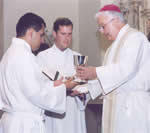

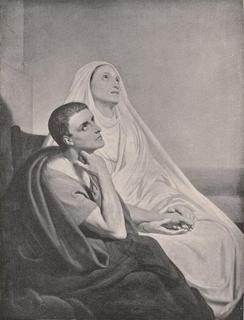



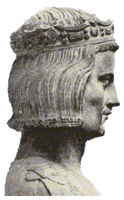
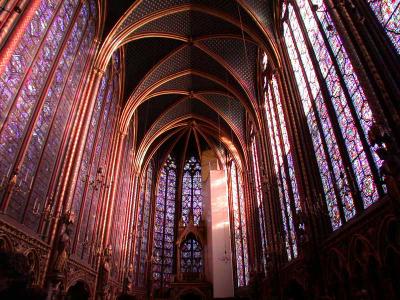


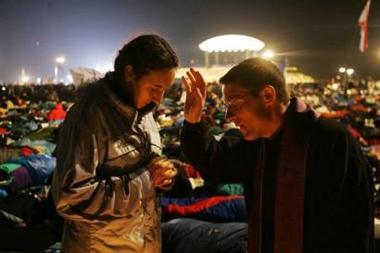

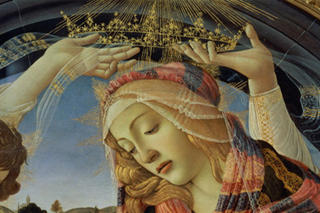







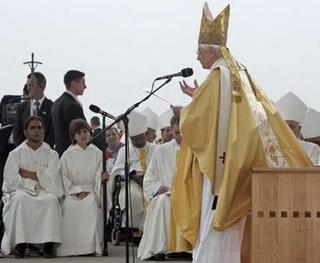

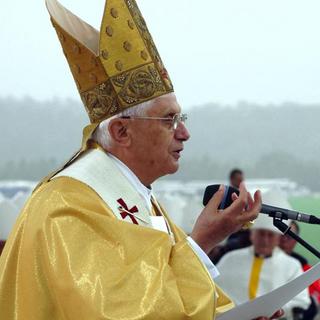

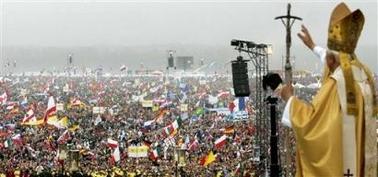 (from Pope Benedict's homily at World Youth Day yesterday)
(from Pope Benedict's homily at World Youth Day yesterday)



